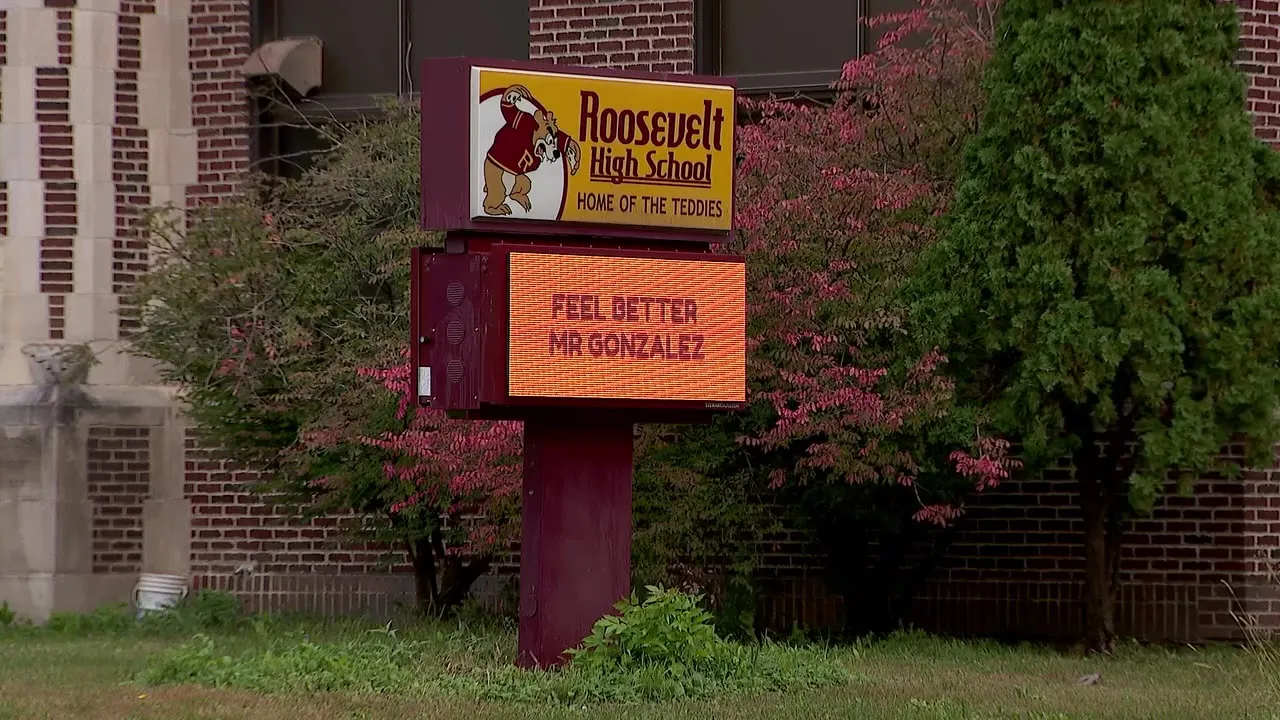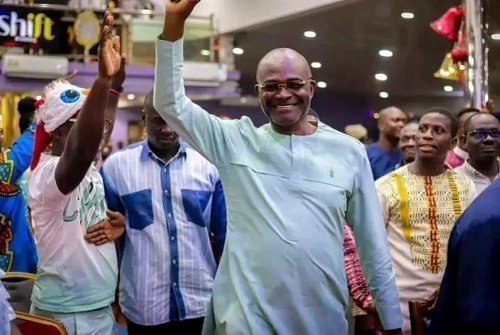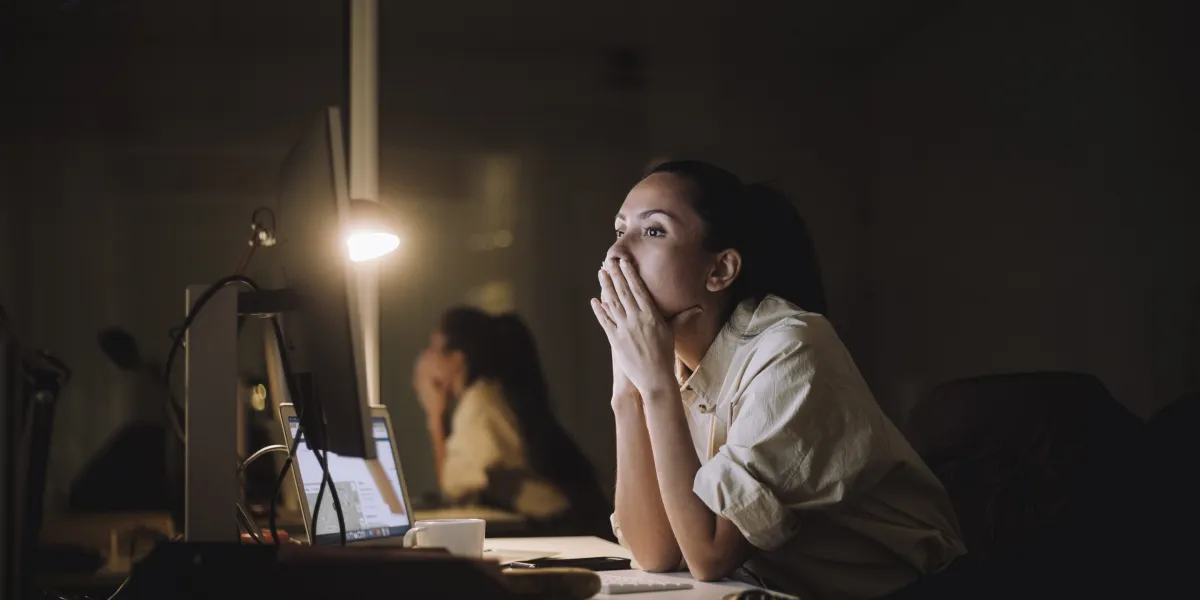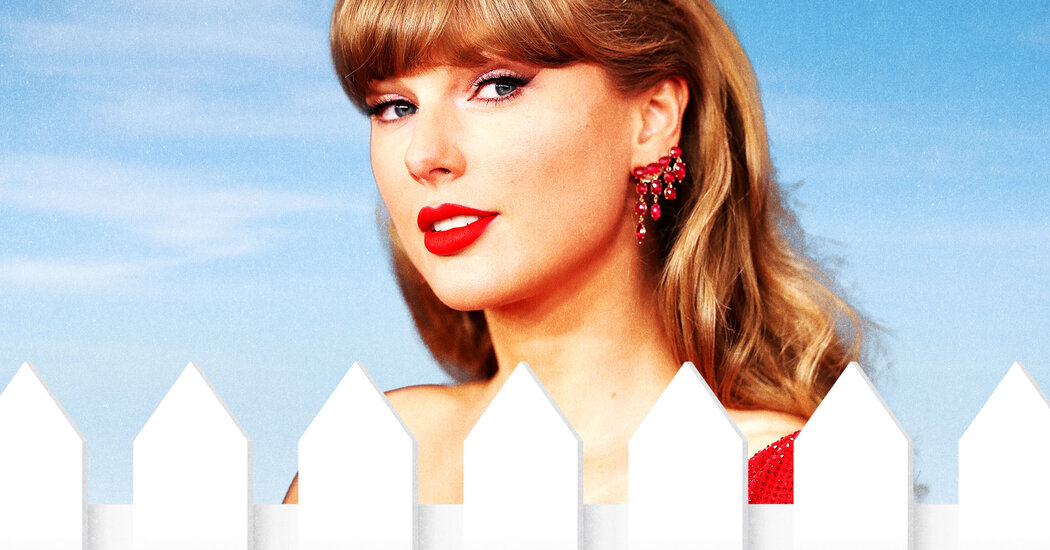Copyright Screen Rant
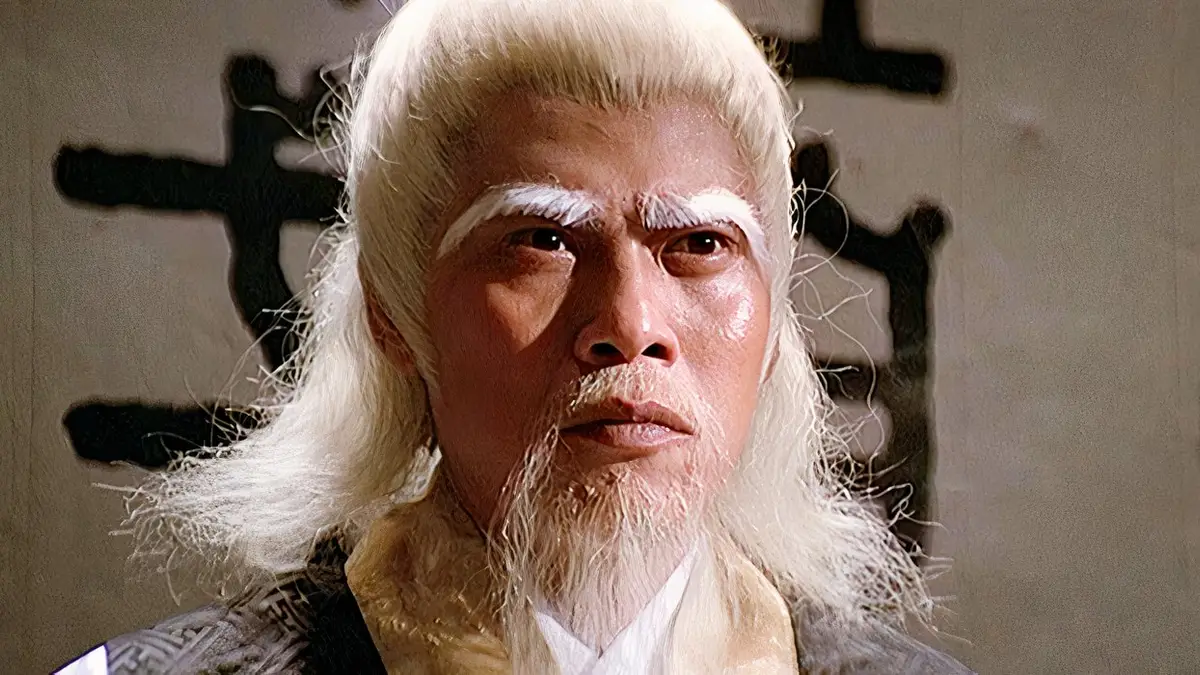
The 1980s produced a long list of must-watch classics in the martial arts genre. There's no forgetting landmarks films like The Karate Kid or gems like Five Elements Ninjas, Jackie Chan's The Young Master, or Jet Li's Shaolin Temple, but as great as these films were, they weren't even the best of their respective years - a testament to the overall quality of 1980s martial arts cinema. Granted, the 1980s wasn't the foundational period that the 1970s were, which effectively shaped the genre and now defines "the kung fu craze." That said, it didn't fully end in the 1980s, which was a significant chapter in the genre's history in its own right. The 1980s saw the continued success of Shaw Brothers (which tapered off into the middle part of the decade), Jackie Chan climb higher and higher, and the rise of new genre icons in the forms of Jean-Claude Van Damme, Jet Li, and Michelle Yeoh. 1980 - Clan Of The White Lotus Just as they were in the 1970s, Shaw Brothers was the king of martial arts movies, and that was certainly the case in the first year of the decade. The studio's top 1980 film was Clan of the White Lotus, which served as a sequel of sorts to Executioners from Shaolin. Similar to The 36th Chamber of Shaolin, the film called for Gordon Liu to clash with Lo Lieh in a top-notch story of revenge. Revenge isn't the only great martial arts trope the film gets right; it takes a creative and unexpected approach to the hero's journey, having him learn a feminine style of kung fu from Kara Hui's character, and then combining that with his more offensive method to gain an edge against his adversary. Arguably one of the studio's best efforts, Clan of the White Lotus featured a now-iconic performance from Lo Lieh as Pai Mei. The white-haired kung fu master's confidence and unapolegetically evil persona and confidence made it easy for the actor to steal the show in every scene he was in. 1981 - My Young Auntie A year after co-starring in Clan of the White Lotus with Lo Lieh and Gordon Liu, Kara Hui played the titular female lead of Shaw Brothers' My Young Auntie, a fun martial arts comedy directed by Lau Kar-leung. With one of the greatest martial arts directors of all time, it's no surprise that My Young Auntie had more than its fair share of well-choreographed action sequences. An interesting, albeit unconventional story about an older man, his nephew and their new family member by marriage, who inherited their estate. My Young Auntie mixed kung fu with comedy to start, but evolved into a more serious affair by the ending, where Lau Kar-leung fully took over, using his martial arts talents to deliver a thrilling final showdown with the main antagonist, played by Shaw Brothers' go-to villain actor, Wang Lung Wei. 1982 - Legendary Weapons Of China Shaw Brothers' domination of the martial arts genre persisted into 1982, which produced another masterpiece from Lau Kar-leung - Legendary Weapons of China. Not unlike the formula employed by My Young Auntie, Hsiao Ho and Kara Hui played the young male and female leads, with Lau Kar-leung portraying the older, more experienced martial artist. Just as he did in My Young Auntie, Lau stepped up in a big way for the final showdown, as if to prove that only he could save the day. Legendary Weapons of China succeeded in justifying this decision, concluding in one of the most epic final showdowns of all time. Lau Kar-leung, opposite his brother Lau Kar-wing, engaged in a standoff that intricately incorporated most of the weapons associated with Shaolin martial arts. 1983 - Project A Shaw Brothers' grip on the genre slipped in 1983, letting Golden Harvest and Jackie Chan develop more prominence with Project A. Partnering Jackie Chan with Sammo Hung and Yuen Biao, Project A blended martial arts with slapstick comedy in a pirate-themed adventure story - and it worked out brilliantly, so much that it was a trend-setter for its star. Project A famously established the formula for what a Jackie Chan movie is supposed to be, complete with an exotic setting, the actor doing his own stunts, and more. Plus, it gave Jackie Chan one of his best fights ever - an extremely busy scene where his and Yuen Biao's character had fight through an army of thugs in a casino. 1984 - Wheels On Meals Jackie Chan's momentum from Project A carried over into 1984 when he reteamed with Sammo Hung and Yuen Baio for Wheels on Meals, a movie set in Spain. It made for an entertaining buddy martial arts comedy, but its ending is where it really took off, with all three protagonists taking part in a grand brawl inside a mansion. In regards to Jackie Chan's role in the battle, Wheels on Meals delivered one of the best fight scenes of all time by pitting him against Benny "The Jet" Urquidez. With both actors being talented martial artists, Wheels on Meals was able to use longer takes and get the most of their skills. 1985 - Police Story Jackie Chan's hold on the martial arts genre persisted as his career progressed, with 1985 giving the actor one of his most famous films, not to mention the source of his biggest and longest-running franchise. The first of seven Police Story movies, the 1985 Hong Kong film sent Jackie Chan on an action-packed, undercover police operation. Despite dealing with drug smugglers, crime lords, and even cop killing, Police Story didn't get away from the traditional, family-friendly humor and style that audiences had come to expect from Jackie Chan movies. In addition to a good balance of comedy, action, and drama, Police Story also boasted some of the most impressive, death-defying stunts you'll see in any martial arts movie. 1986 - Big Trouble In Little China The mid-1980s is around the time when Hollywood began to find its footing in the martial arts genre. In 1986, Kurt Russell starred in Big Trouble in Little China, a film that provided an unexpected but fun merging of modern-day life in California with Chinese fantasy. The concept is obviously far-removed from reality, but the Kurt Russell movie benefited greatly from not taking itself too seriously; by fully embracing the Chinese fantasy subgenre (and the tropes associated with it), Big Trouble in Little China was able to offer a thrilling ride, with plenty of surprisingly well-choreographed fights for Russell, not to mention a welcome supporting role from Carter Wong, a favorite of 1970s old-school kung fu movie fans. 1987 - Eastern Condors In comparison to previous years, 1987 had somewhat of a weak top-to-bottom slate for martial arts movies. There were a few films worth watching, such as Jackie Chan's Project A Part II, but when it comes to the best, it's hard to find one better than Eastern Condors, a war film set in 1976 Vietnam. Albeit with less comedy than usual, Eastern Condors made good use of one of the most entertaining duos in the genre in Yuen Biao and Sammo Hung, whose chemistry with each other and diverse styles of fighting make it a joy to watch. And unlike the situations in Wheels on Meals and Dragons Forever, there's no Jackie Chan to steal the spotlight at the end. 1988 - Bloodsport Few '80s martial arts movies are more iconic than Bloodsport, the 1988 film that launched Jean-Claude Van Damme to stardom. By using an underground martial arts tournament as the foundation of its story, Bloodsport succeeded in putting together an excellent and diverse showcase of a long list of martial arts styles from all over the world, something that's not often seen in the genre. This makes Bloodsport a great martial arts movie, but arguably what led to its pop culture icon status was its ending; Bloodsport had a truly epic finish, which consisted of a grueling showdown between Van Damme and Bolo Yeung's characters in the final round of the tournament. A riveting score from Paul Hertzog, dramatic acting from Van Damme, and some well-placed kicks cemented its status as a cult classic. 1989 - Kickboxer
